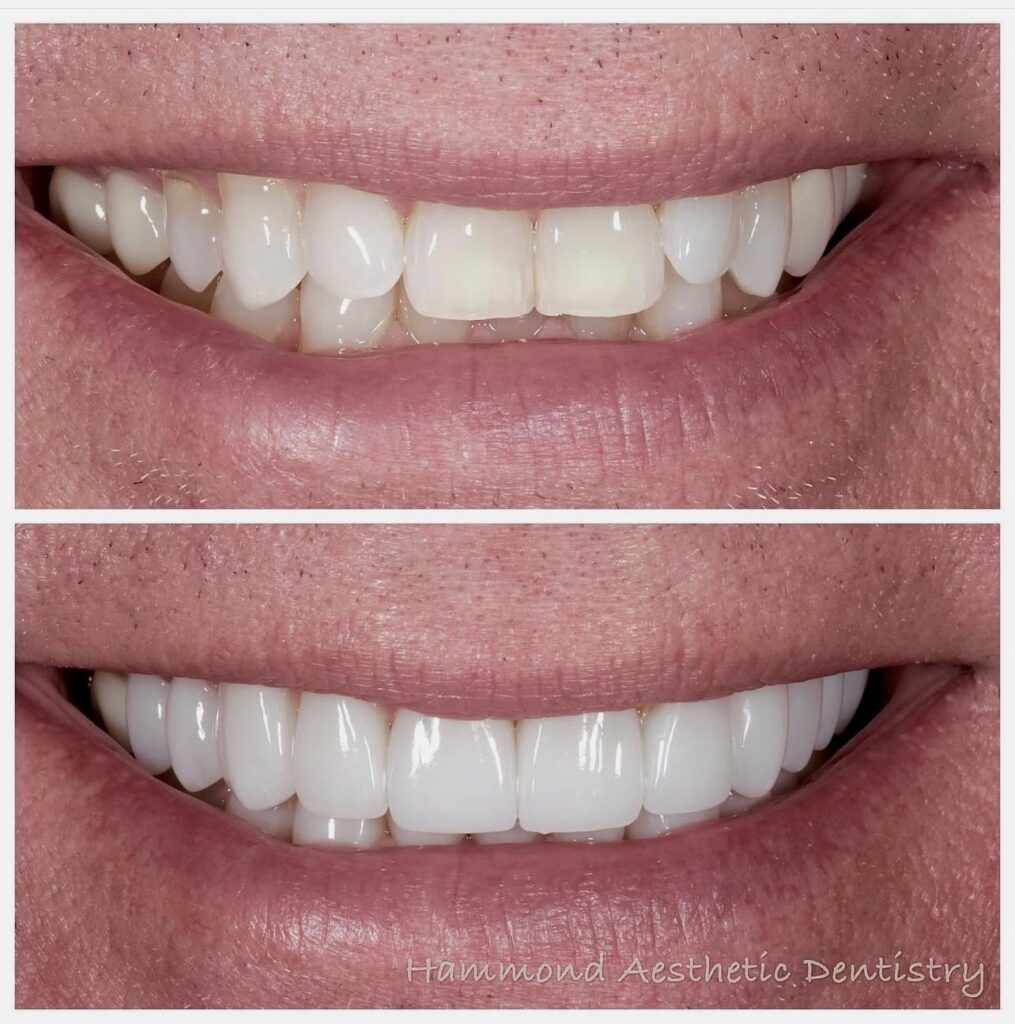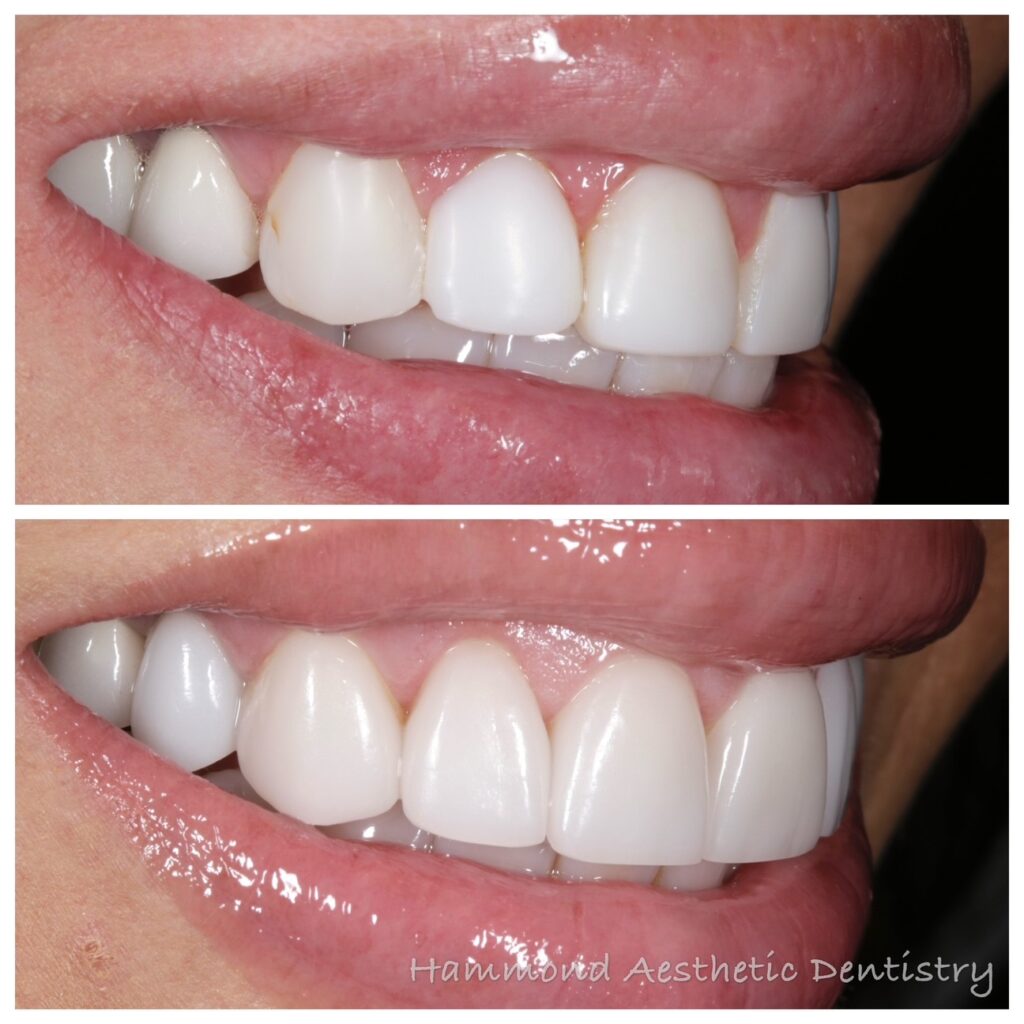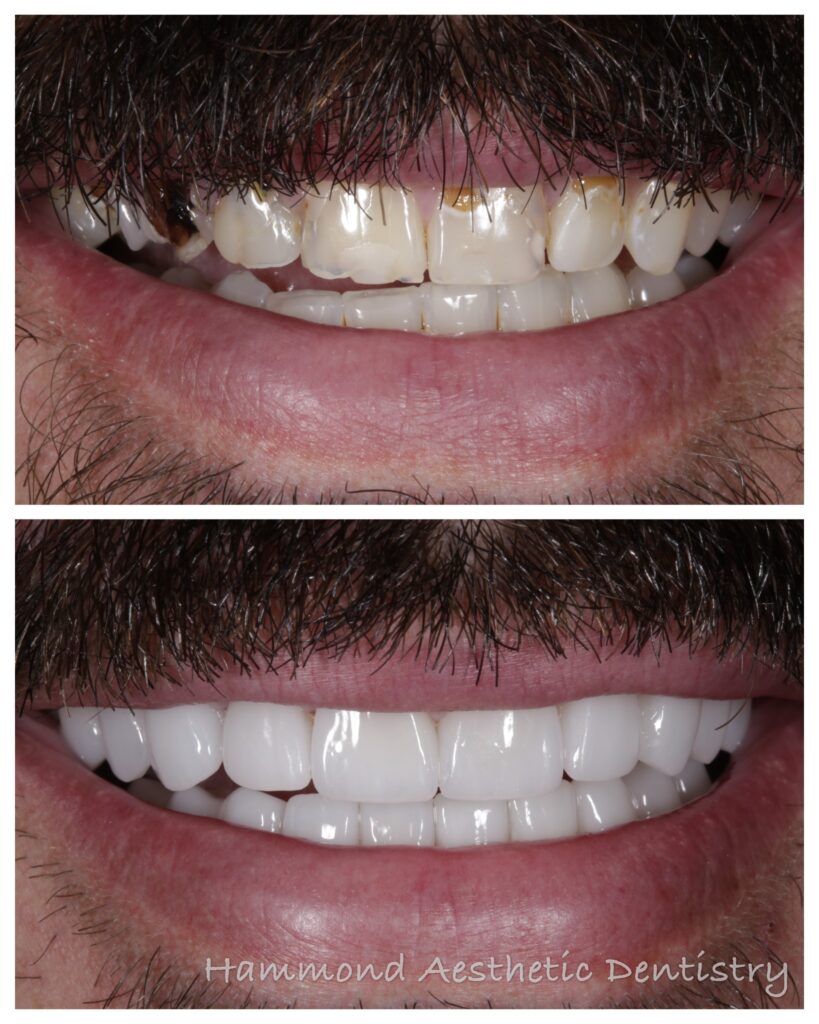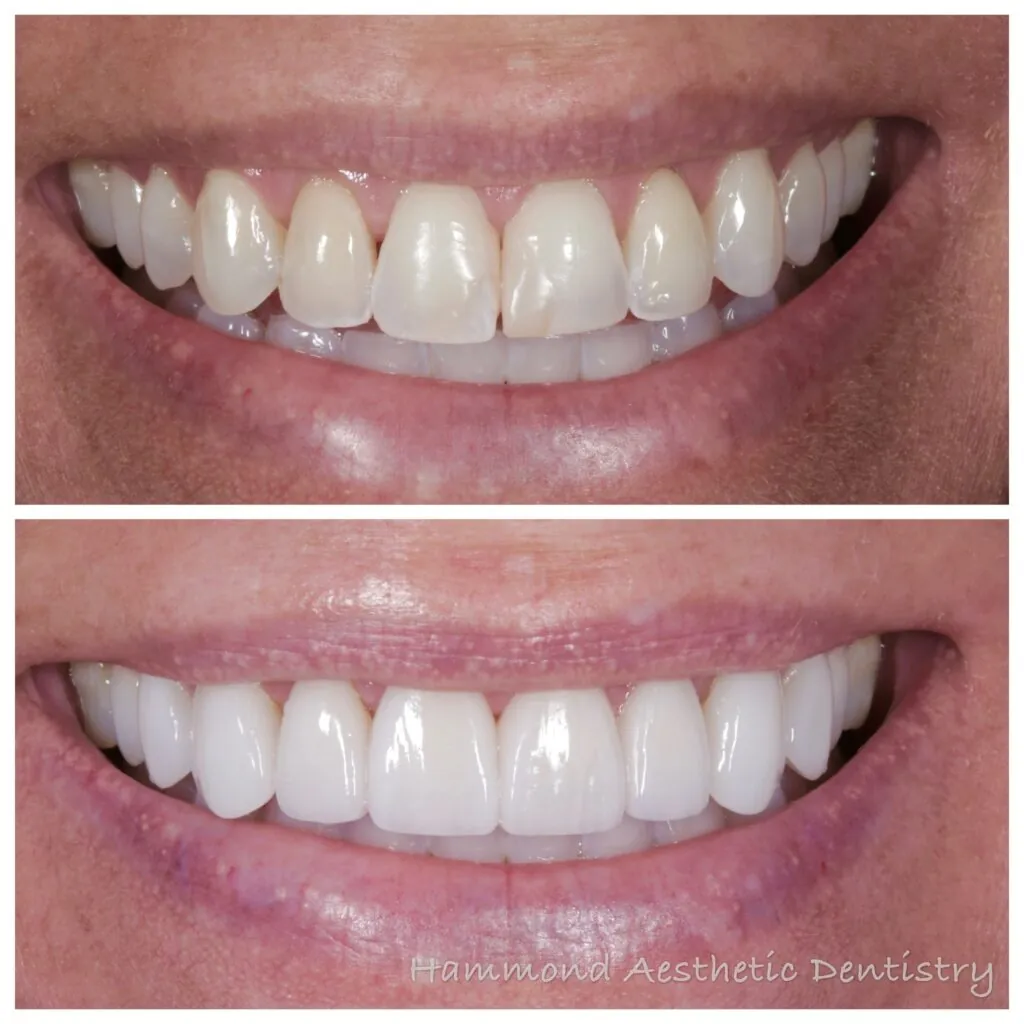Should you wait to receive dental care or take medication just because you’re pregnant or nursing? According to the Academy of General Dentistry, the answer is “no,” especially if an acute dental problem arises such as an infected tooth, decay or gum disease.
This school of thought confirmed by an article in General Dentistry, the peer-reviewed journal of the Academy, states that drugs which are believed to be safe should not be withheld from the patient who requires them. Avoiding all drugs may lead to persistent pain or systemic infection, which may also lead to adverse consequence.
“Many of the drugs dentists use regularly are also safe for use during this time period,” says Anne Murray, DDS, spokesperson for the Academy of General Dentistry. “Women are more likely to experience oral health problems while pregnant or nursing because of elevated hormone levels, and may need to undergo dental procedures.”
Dr. Murray says the biggest change in recommending medications is that pregnant or nursing women should not take aspirin. It may cause anemia, hemorrhaging or prolonged gestation or labor. If women are nervous about taking medication, they should realize that an infant only will ingest approximately one percent of the total maternal dose of a drug.
Dr. Murray suggests that nursing mothers take medication right after nursing to minimize ingestion by the baby. And to minimize risks, all medications should have a short half-life (duration) of no more than six hours. Any women who has questions, should talk with their dentist about any procedures and medications.
| Drugs that may be used in pregnancy or nursing
|
Dentists will typically use two different types of drugs for dental emergencies: antibiotics (antimicrobials) to fight infection and analgesics to fight pain. | |
| Antibiotics
Penicillin |
Analgesics
Acetaminophen |
|
| Drugs not recommended for use | Antibiotics
Tetracyclin |
Analgesics
Asprin |
The Academy has a fact sheet titled Pregnancy and Oral Health on its Web site at www.agd.org and a section that focuses on women’s oral health issues. Consumers can get names, address and phone numbers of up to three general dentists, by calling 877/2X-A-YEAR or by visiting the Academy’s Consumer Information section.
The Academy of General Dentistry is a non-profit organization of more than 37,000 general dentists dedicated to staying up-to-date in the profession through continuing education. A general dentist is the primary care provider for patients of all ages and is responsible for the diagnosis, treatment, management and overall coordination of services related to patient’s oral health needs.





